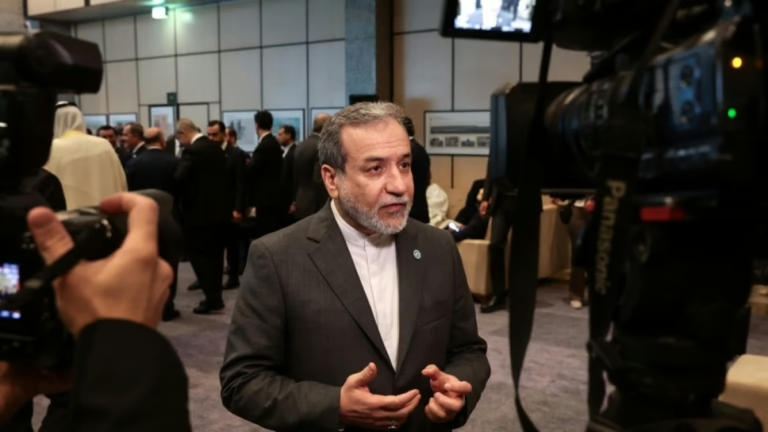UN Security Council’s bid to postpone sanctions unlikely to succeed; Iran warns it will end cooperation with IAEA if penalties reinstated at midnight GMT.
The United Nations Security Council (UNSC) is preparing to vote on a critical resolution that could lead to the reinstatement of sanctions against Iran concerning its nuclear activities.
On Friday, the UNSC will consider a proposal from Russia and China aimed at postponing the reactivation of these sanctions. The so-called “snapback” measures are scheduled to come into effect at 00:00 GMT on Saturday, following accusations from the United Kingdom, France, and Germany that Iran has breached the iran-suspends-cooperation-with-un-nuclear-watchdog/” title=”… Threatens to Halt Cooperation with UN Nuclear Watchdog, Escalating Tensions”>2015 nuclear agreement designed to curb its weapon development.
If the Security Council rejects the resolution-which seeks a six-month extension to facilitate further diplomatic negotiations-it would clear the path for the global community to reimpose an arms embargo on Iran alongside a comprehensive freeze on its international assets.
These sanctions also prohibit the transfer of materials that could assist in uranium enrichment, nuclear reprocessing, ballistic missile development, and restrict travel for certain Iranian individuals and organizations.
Insiders suggest that the resolution backed by Russia and China is unlikely to secure the necessary support within the UNSC.
Threats and Tensions
The International Atomic Energy Agency (IAEA), the UN’s nuclear monitoring body, has been working to restore collaboration with Tehran and resume inspections of its nuclear sites following attacks by Israel and the United States in June.
Ahead of the vote, Iran has issued a stern warning that it will cease cooperation with the IAEA if sanctions are reinstated.
Foreign Minister Abbas Araghchi stated on Telegram that the recent agreement with the IAEA regarding nuclear inspections will only remain valid if no “hostile actions” are taken against Iran, explicitly including the reimposition of snapback sanctions.
“Otherwise, the Islamic Republic of Iran will consider its commitments null and void,” he emphasized.
Araghchi also criticized the “European Troika” of France, Germany, and the UK for advocating the return of sanctions, according to the Iranian Students’ News Agency.
These three European nations have been demanding that Iran grant full access to its nuclear facilities for UN inspectors.
On Thursday, Araghchi met with British Foreign Secretary Yvette Cooper to discuss the ongoing dispute, during which he “strongly condemned the stance of the three European countries as unjustified, illegal, and irresponsible,” the Iranian Foreign Ministry reported.
Later on Friday, China and Russia are expected to present their draft resolution to the UNSC, proposing to delay sanctions until April 18 of next year.
The draft calls on all original signatories of the nuclear deal, including the United States, to “immediately resume negotiations.”
Diplomatic sources told AFP that the 15-member council is unlikely to grant the resolution the nine votes required for approval.
During a meeting with Bolivian President Luis Arce Catacora on the sidelines of the UN General Assembly, Iranian President Masoud Pezeshkian reaffirmed Tehran’s readiness for any outcome should the sanctions be reinstated.
In his debut speech at the UN on Wednesday, Pezeshkian reiterated Iran’s position that it will “never pursue the development of nuclear weapons.”
Iran has consistently maintained that its nuclear program is peaceful, citing a religious decree by Supreme Leader Ayatollah Ali Khamenei, and US intelligence agencies have not confirmed any decision by Iran to develop nuclear arms.
Nevertheless, Israel, the US, and European nations remain skeptical, concerned that Iran’s advanced nuclear capabilities could enable it to rapidly develop a bomb if it chose to do so.

















